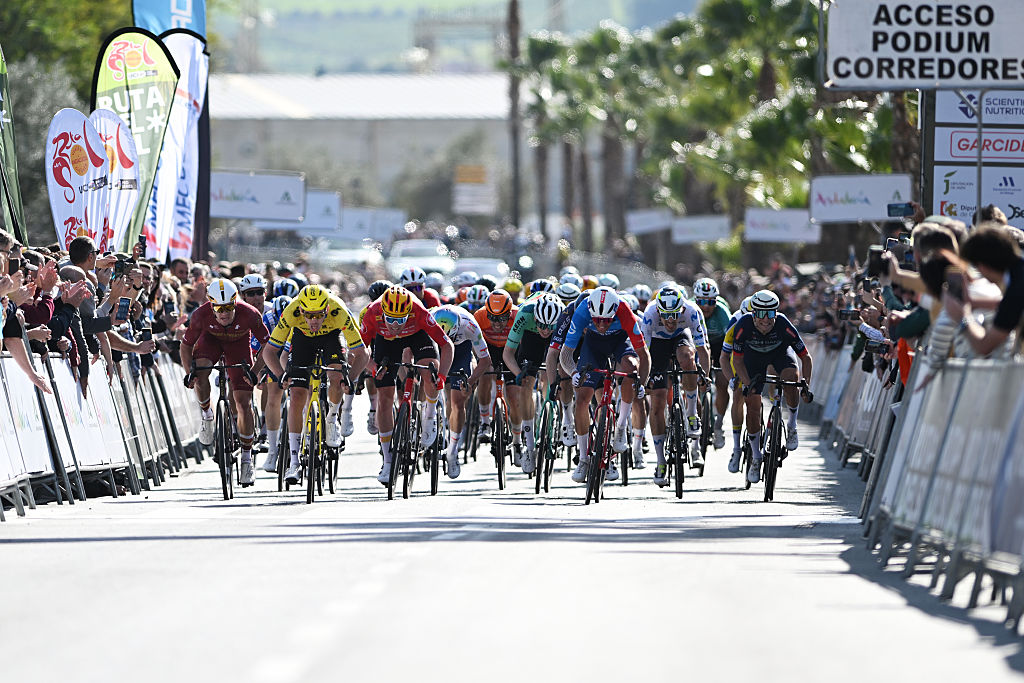Cadel Evans Great Ocean Road Race WorldTour status is beneficial to Australian cycling, says Gaudry
UCI vice-president on importance of growth of Oceania Tour for Australian Continental teams
The latest race content, interviews, features, reviews and expert buying guides, direct to your inbox!
You are now subscribed
Your newsletter sign-up was successful
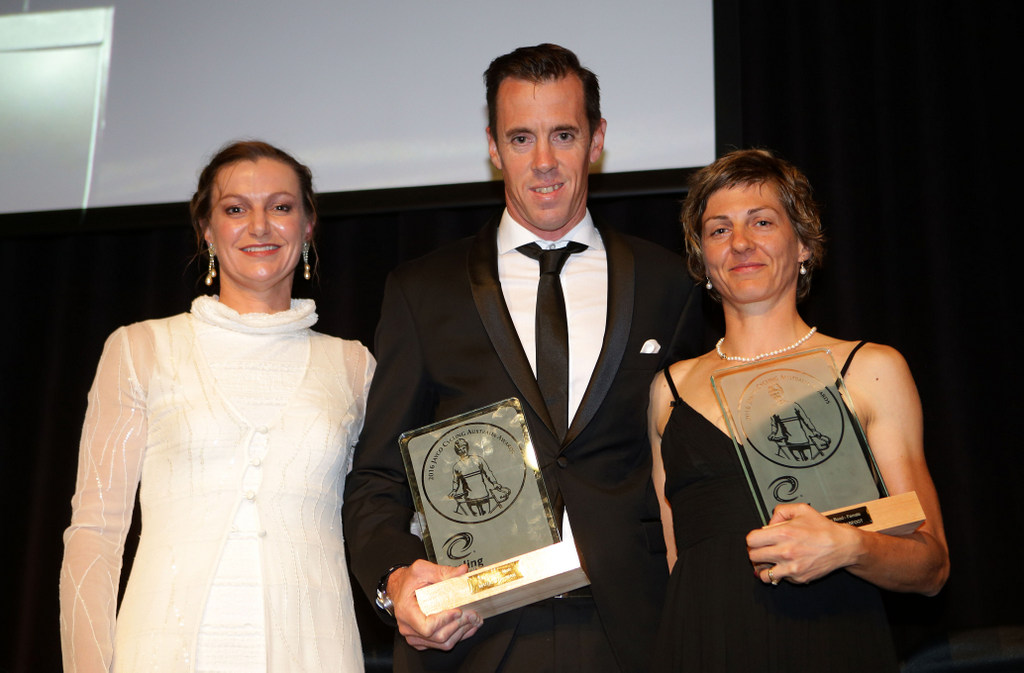
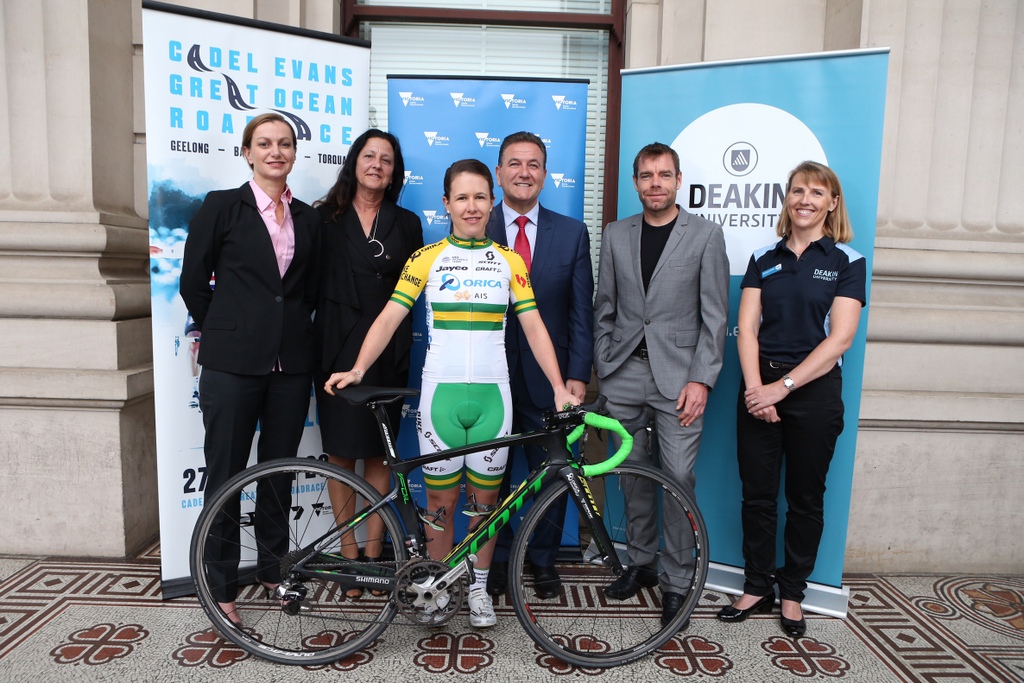
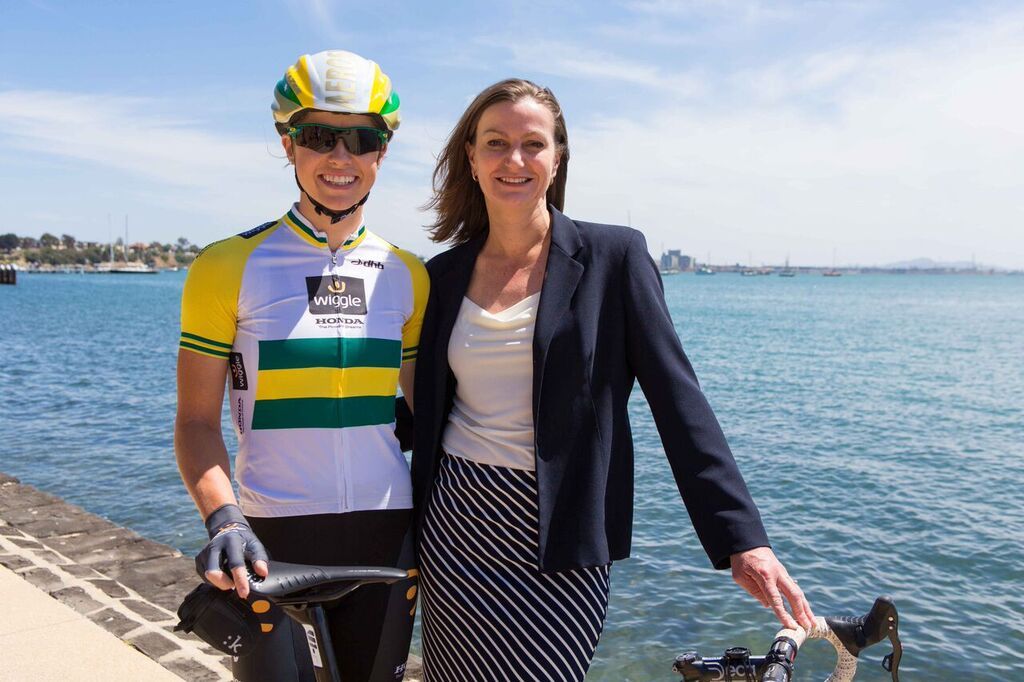

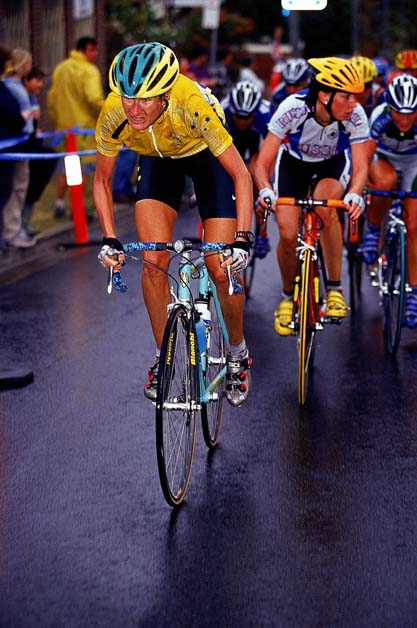
UCI vice-president and Oceania president Tracey Gaudry believes the benefits of the Cadel Evans Great Ocean Road Race being awarded WorldTour status from 2017 outweighs any negatives and will ensure Australia remains a crucial player on the world scene. The elevation of the Victorian one-day race to the top tier of the sport in its third year removes it from the Oceania Tour calendar but Gaudry believes opportunities will be created for the Continental teams who are no longer eligible to enter the race.
Oceania President Gaudry: Effecting change
Tracey Gaudry Q&A: Half-way point review of the Women's WorldTour
Cadel Evans Great Ocean Road Race celebrates WorldTour status
Gaudry highlights key improvements to Women's WorldTour - Video
Live TV coverage for women's Cadel Evans Great Ocean Road Race in 2017
"The Cadel Evans Great Ocean Road Race has been a massive success in terms of the position of the event in the global calendar and it was established as a 1.1 event only two years ago," Gaudry told Cyclingnews of the January 29 race which is now one of 37 WorldTour events. "This year it achieved HC status and its quality and caliber and of the elements that are assessed by the UCI enabled it to be promoted to WorldTour status from next year onwards.
"What that does is cement Australia, with the Cadel Evans Great Ocean Road Race and Santos Tour Down Under, as the start proper of the WorldTour season. That is an exceptional result for the positioning of cycling in the world and positioning of Australia as a powerhouse in cycling. One of the consequences of being promoted to WorldTour status is that the teams eligible are WorldTour teams, the national team of the country and Pro-Continental. The impact of that means that Continental teams are not eligible to take part and for a region like Oceania where there are a small number of Continental tour events on the calendar, it is important that we look at a regeneration of Continental level events."
As one of ten new WorldTour events in 2017, the Cadel Evans Great Ocean Road Race is obliged to invite all 18 WorldTour teams to participate with a minimum of ten teams on the start line. The UCI are yet to announce the points structure for the new WorldTour events with teams to pick and choose which new races they add their programmes for 2017 alongside lower rated HC and .1 events. With its place on the calendar as the first new WorldTour race and just one week after Australia's first WorldTour race, Tour Down Under, the Cadel Evans Great Ocean Road Race could be a more attractive proposal for the WorldTour teams than races later in the season that will clash with other WorldTour events for example.
In the US, the elevation of the Tour of California to WorldTour status in American has created uncertainty for Continental teams and in a similar predicament to the Australian domestic teams
Outlining the process of introducing the new races onto the WorldTour calendar, Gaudry explained that she doesn't believe the Cadel Evans Great Ocean Road Race will have an advantage over other new WorldTour events, adding the Australian summer conditions are likely to be of equal consideration for teams planning their race programmes.
"One thing that we were very careful of, one of many things that we have been careful of in the Cahier des charges for WorldTour events and WorldTour teams is that all WorldTour events are obliged to invite all WorldTour teams to give every team the opportunity to participate," she said. "For the WorldTour teams, we are very careful not to overload the teams with all new events on the WorldTour and to ensure that they have the choice to participate or not in the new events but that each new WorldTour event is obliged to secure ten WorldTour teams to demonstrate its appeal to WorldTour teams.
The latest race content, interviews, features, reviews and expert buying guides, direct to your inbox!
"I think each new WorldTour event stands in its own right and it really comes down to the attractiveness to the WorldTour teams, what they are looking for in the build up in the early season, what works for their team and their athletes' early-season training competition regime and what events are right for those teams to help them peak at the right time of the season. Australia represents a great place for European teams to come out to in the early season to get out of the winter."
Held alongside the men's Cadel Evans Great Ocean Road Race once again is the women's race, sponsored by Deakin University. For 2017, the race has retained its status as a UCI 1.2 event with ten confirmed UCI teams in attendance and live free-to-air broadcast. For future editions of the race, Gaudry explained she would like to see the race also elevated to the top tier of the women's calendar.
"We are striving for the Women's WorldTour to be a global WorldTour so we will be looking at events like this race very, very closely like we are at other events around the world for the WorldTour," she said.
Listed on the UCI 2017 calendar is an Australian Day (January 26) Cadel Evans Great Ocean Road Race Albert Park Grand Prix men and women's criterium. Whether this race is a consolation of sorts for the Australian Continental and domestic teams who can no longer race the WorldTour event remains to be see.
Future of the Oceania Tour and Continental elections
In its first two editions, the Cadel Evans Great Ocean Road Race was a welcome addition to the Oceania Tour. Just as the Tour Down Under was removed from the continental circuit when it moved up to the WorldTour, the race is off the calendar from 2017 and as a consequence the Oceania Tour has lost an event.
As it currently stands, the 2017 Oceania Tour will comprise of the 2.2 New Zealand Cycle Classic, 2.1 Herald Sun Tour, 1.2 The REV Classic, and Oceania Championships. When Gaudry was elected as president by member federations New Zealand, Fiji, Guam and Australia, her and her administration "set out to rebuild the Oceania Tour" which had severally shrunk in size compared to the mid 2000s.
"Very quickly we built up a mass of events which gave an opportunity to the Continental teams in the region and it is one of the unintended consequences of the Cadel Evans Great Ocean Road Race being so successful, is that it is no longer eligible for Continental teams," she said.
"It is very important that Oceania cycling works very closely with Cycling Australia, and Cycling New Zealand, and the UCI for the next few years to find opportunities for events, perhaps at National Road Series (NRS) level, to be elevated to point two events and look at that early part of the summer season to provide another Continental race."
As recently as the 2007-08 Oceania Tour, the Melbourne to Warrnambool Classic was registered as a 1.2 event and featured on the calendar. Since then, it has been raced at the NRS level but would be a possible candidate to be elevated back into the Oceania Tour.
The "reality around the size and scale" hinders the Oceania Tour and compared to America and Europe, it cannot "have the same amount of races purely because of the number of races in the country and opportunity" according to Gaudry. A merger of the Oceania and Asia Tours has been mooted in the past but it's a complex adventure for Gaudry who notes that to so "also has an impact on the continent and constitution and the way the continents are structured" and complicated by the number of cycling disciplines beyond road.
In the first four months of 2017, all five Continental Confederations are up for elections with Gaudry keen to continue in her current position at the UCI and Oceania. Should she be elected for a second term, significant changes to the Oceania Tour could well be on on their way.
"When you look at the work we have been doing at the UCI level and Continental level, there is a lot of progress over the last four years," she added.
